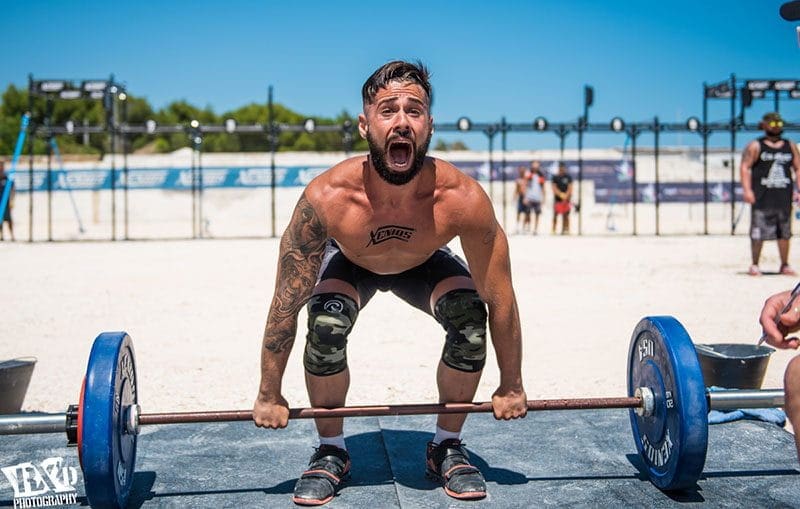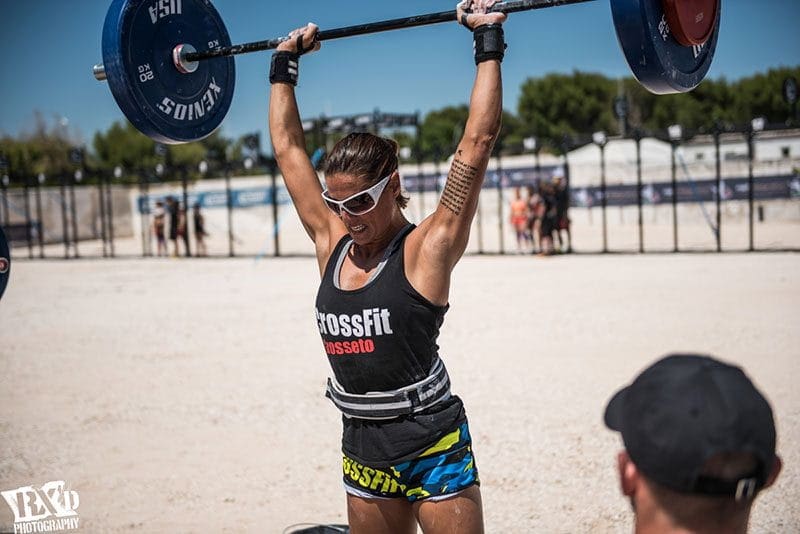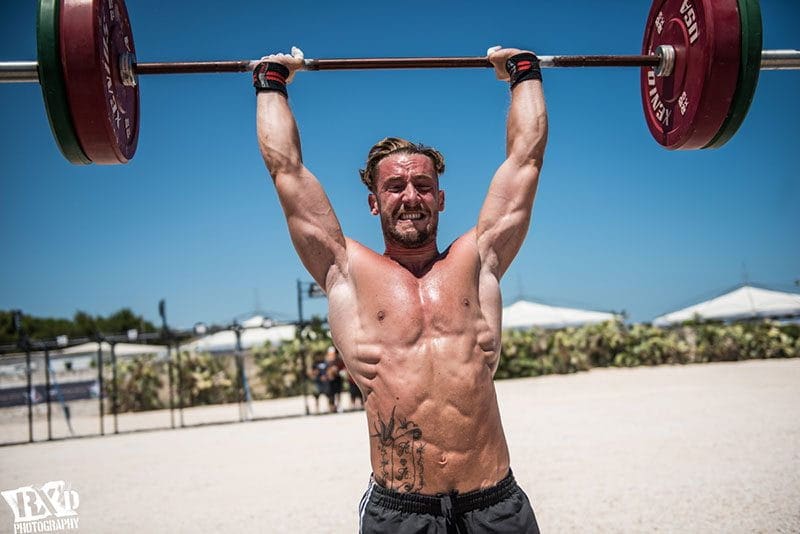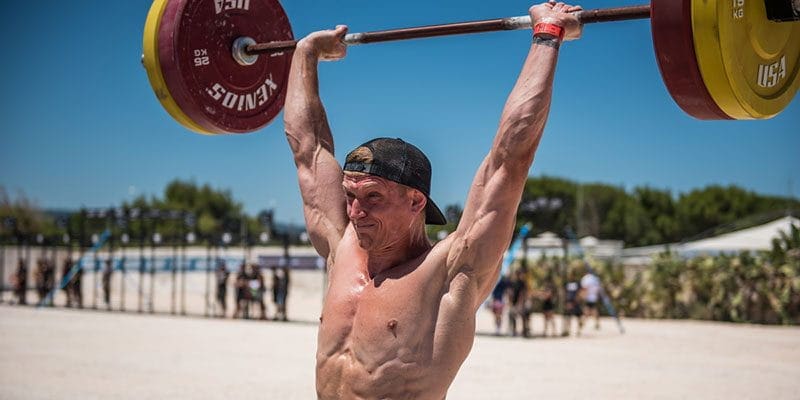It is often said by weightlifting pros (from countries where children are introduced to the techniques at a young age), that when an aspiring weightlifter is beginning to reach their mid-teens they no longer learn technique, they only get stronger.
In the majority of countries Crossfit is started by people in their mid-twenties onwards, most learning complex movements late in life. My job as a coach in the UK has been to find ways for those starting late to learn the technique and get stronger in the shortest time possible and without injuries. My tips below are to help those starting late get the most out of their lifts!

1. CAN YOU SIT DOWN?
We all love to sit in a chair but what I am really asking is if you can sit comfortably below parallel in the squat? Hip mobility might be there for many of you, but is it a strong position? Can you keep your chest up, back straight, knees over toes and hips underneath you?
If not, rolling and stretching your calves and ankles can really help gain some vital ankle mobility which can drastically help the bottom of the squat. If your groin is tight I recommend side lunges and bodyweight sumo squats as a warm-up, ten side lunges, ten sumo squats, three sets before you start. You must be comfortable in the bottom position. As with the next tip, weightlifting shoes will definitely help!
2. OVERHEAD SQUATS ANYONE?
Overhead inflexibility will wreak havoc on your jerk and your snatch as well as kipping pull ups. Consequently, it is very important to improve if you want to lift heavy weights and avoid shoulder injuries on kipping exercises.
Overhead Mobility Test
Place your back against a wall and whilst keeping your belly button tucked in try to raise your arms above your head whilst sliding them against the wall, if you struggle to keep your arms on the wall without arching your back, it is time to improve that overhead position. Rolling your lats and improving your thoracic (mid-back) mobility will help. Otherwise exercises such as narrow grip overhead squats (go as narrow as you can manage) and behind the neck presses will help you improve.

3. ARE YOU POWERFUL?
Many crossfitters I have met have come from endurance sports. These are often slow twitch fibre focused events. Whilst these athletes are great at cardiovascular fitness, they do not produce much in the way of speed and power. CrossFit is a sport where you are required to have power, endurance and strength all in one.
‘The athletes who perform the best when it comes to the games are always amazingly powerful.’
Improving Speed
If you spend your time lifting at one-pace and doing high-rep WODs, you will not improve your speed. To improve your speed and strength you must usually work within sets of 1-3 reps.
The Kazakhstan weightlifting team are said to do no more than three reps in the snatch under the theory that above that the wrong fibre types are recruited in the muscle, whereas traditionally sets of five have been done in weightlifting when a weightlifter was doing a high volume or “fitness” cycle. Whilst one must prepare themselves for high repetition workouts, you will perform a lot better having periods focusing upon power and strength with low repetitions.
4. WEIGHTLIFTING TIPS: BE STRONG, AVOID INJURY!
Many people often go all out in their first two years and end up with back, hip and knee injuries. Spending one session a week working on controlled strength exercises such as the squat, split squats, presses, strict bodyweight exercises such as pull-ups and dips along with core work (aleknas and back extensions are fantastic) will help build protection for the body and help strengthen the correct movement patterns for when you are under a time-limit with a hard WOD.

With age it is also less likely you will be able to hit a maximum that regularly as the body and nervous system does not recover as much as an 18 – 20 year old. As you get older your body is more likely to respond well to higher volume training (6 sets of 5 on squat) rather than a heavy single repetition.
5. WORK ON YOUR WEAKNESSES NOW (WHATEVER YOUR AGE!)
Everybody loves to do their favourite exercise, but in weightlifting and Crossfit if you start later, you have less time to correct the movement patterns. The best way to work this out is to get a coach. Although I understand they can sometimes be few and far between, consequently I recommend coming to the Beaches and Barbells London based weightlifting weekends or our international training holidays where you can work intensively to improve technique and receive individual feedback to take away.
I have met people 40+ who have started weightlifting and done fantastically but they have come from a very active background. Posture, muscle tissue and fascia quality will be a big determining factor as well as exposure to similar sports such as gymnastics. Females are also incredibly lucky in that they are generally more flexible than men and they do not get a drop off in testosterone like men do! In addition endurance will come naturally through WODs so it takes a lot less conscious thought to improve compared to flexibility and technique. One thing is for sure, all training, no matter when and where you start, requires patience and determination!
Image Sources
- weightlifting-crossfit-man: RX'd Photography
- weightlifting-crossfit-girl: RX'd Photography
- weightlifting-crossfit-guy: RX'd Photography
- male-weightlifter: RX'd Photography
